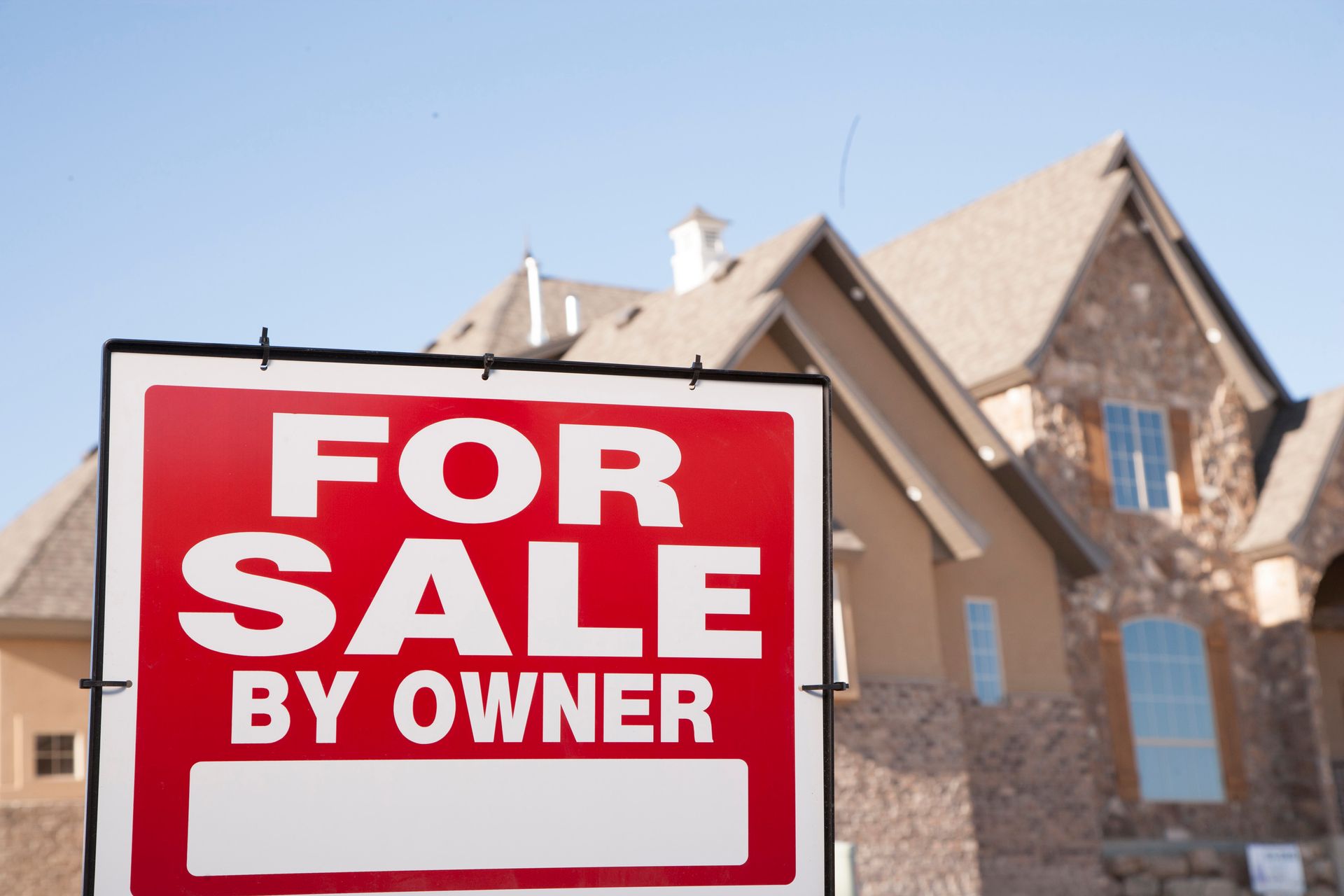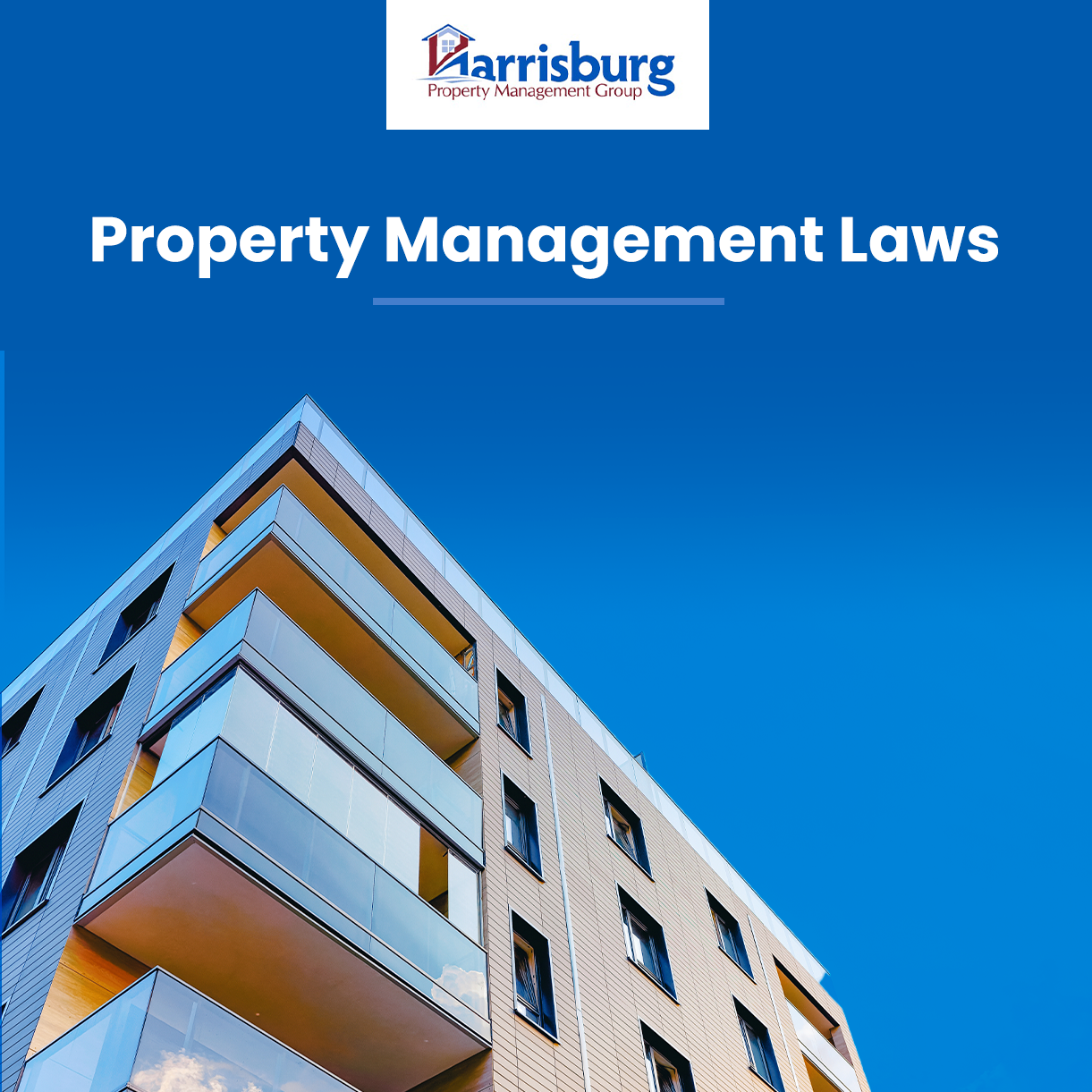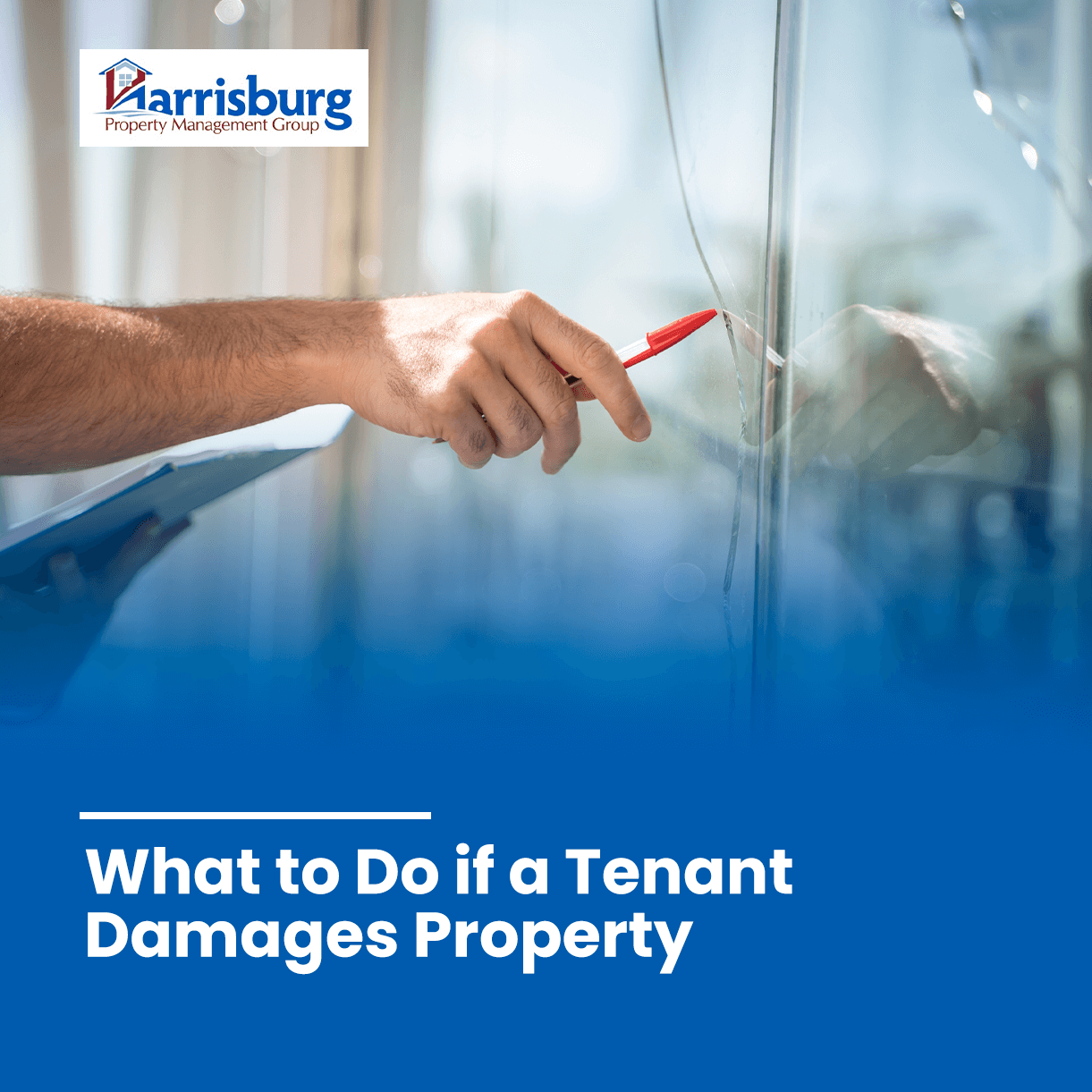How to Calculate Gain on Sale of Rental Property
How to Calculate Gain on Sale of Rental Property
Calculating gain or loss on a rental property sale is relatively simple. However, maximizing your return on investment can also mean paying more in capital gains taxes. Selling a rental property yields a much higher tax bill than selling a primary residence. The Internal Revenue Service (IRS) classifies rental properties as a business venture, so some benefits you enjoy from your investment need to return to them.
Adjusting the basis of the property to account for improvements can help minimize rental property capital gains taxes for a successful property sale.
Compulsory Taxes for Rental Property Investors
Real estate owners can enjoy a few tax benefits from their investment property, and numerous laws intend to support investors. Some tax deductions investors can take include depreciation, loan interest and maintenance expenses. While you can take advantage of the depreciation deduction, the IRS claims part of the depreciation amount when you sell your rental property.
The tax you pay after selling a rental property depends on your profit. The IRS taxes this profit in two ways. The first is through a capital gains tax, which could amount to 0%, 15% or 20%, depending on your taxable income and filing status. The second way comes down to a maximum depreciation recapture tax rate of 25%. Calculate your tax on the sale of a rental property after you estimate your capital gains, which must account for selling and property improvement costs.
- Determine final selling costs: Calculate selling costs by adding the final commission price to the closing costs.
- Calculate the adjusted cost basis: Add the purchase price "depreciation" to the cost of improvements to calculate the adjusted cost basis.
- Calculate the gain or loss on sale: Subtract the selling costs and adjusted cost basis from the sale price. A positive number indicates gains, while a negative number indicates a loss.
- The amount taxed as capital gains: Subtract the depreciation from any gains to see the taxable sum.
Adjusting the Basis of a Rental Property
The original basis, the price you paid for the investment property and the cost of improvements are part of the base amount, which determines the tax payable when you sell. The original basis is a number that fluctuates during your time as owner, increasing and decreasing due to socio-economic circumstances. This basis, or cost basis, factors into your gain or loss on a property for tax purposes.
When the basis of your rental property increases, the amount of taxable capital gains reduces. An increase in basis comes from going above standard property maintenance requirements and making significant improvements, including:
- Additions
- Restorations that make the property habitable
- Extending utilities
- Assessments levied by the city
A decrease in basis can lead to an increase in capital gains tax. Variables include income received for granting property easement, insurance payments received as reimbursement and a Section 179 deduction. Escrow fees, legal fees and closing costs can also figure into your adjusted basis.
Adjusting the basis is a calculation that gathers all expenses eligible to adjust the basis up or down. Here is an example:
- Purchase price + Closing costs + Improvements = Adjusted basis
- Property sale price - Closing costs = Sale proceeds
- Sale proceeds - Adjusted basis = Capital gains
Minimizing Investment Property Taxes in a Sale
Rental properties get taxed on Form 1040, Schedule E, which lists revenue, expenses and property value depreciation. With the proper knowledge, you can leverage this information to lower the tax bill coming your way. You can also claim a few deductions when you sell your rental property investment. Remember to include transaction costs, title fees and advertising fees relating to the sale. Minimizing your taxes is a long-term operation, so it is best to start implementing tax reduction strategies before listing your rental property for sale.
- Deduct business expenses: Deduct average business operation expenses like travel and office equipment from your taxes.
- Mortgage interest expenses: Reduce your gross operating income by deducting mortgage interest expenses.
- Depreciation expenses: Minimize your taxable income by claiming non-cash depreciation expenses on your rental income property.
Reducing Capital Gains Taxes

Your real estate investment can generate two income streams — recurring rental income and capital gains, which come into play when you sell your rental property. Strategies to minimize investment property taxes after a sale all relate to reducing or deferring your capital gain taxes.
Real estate capital gains can occur due to inflation or value-adding initiatives like property expansion or other improvements. You can estimate your taxes depending on how long ago you started investing in the property. When you own the property for a year or less, you get the same tax deduction as regular income because these are short-term capital gains. If you hold the property for more than one year, you will receive lower tax rates because capital gains are long-term.
Here are some options you can use to reduce or defer capital gains taxes during the sales process:
- Installment sale: Mortgage-free properties can sell using an installment sale, seller carryback or seller-financial loan. The tax is still payable but spread out over an extended period as the new owner makes payments.
- Tax-loss harvesting: This tax reduction strategy involves offsetting your gain from one transaction with the loss of another.
- Leverage Section 121: If you convert a rental property to your primary residence, you can exclude up to $250,000 in profits from the sale.
- 1031 tax-deferred exchange: Section 1031 allows you to replace one income property with another and, in doing so, defer the payment of your capital gains. The properties must be like-kind for this exchange to apply.
- Purchase using your retirement account: You can purchase property using a retirement account like an IRA, Roth IRA or 401(k). Using these accounts lets you accumulate capital gains without paying taxes right away. You will only pay taxes once you start withdrawing.
Set Yourself up for Renting Success

Rental properties can be a rewarding investment when under proper management. The maintenance and improvements you bring to a property can determine how much you gain in your return on investment when it is time to sell and find a new asset. Knowing what taxes apply to your property and how to adjust the basis of the rental property can ensure you minimize taxes when you sell.
Rely on Harrisburg Property Management Group to support you in your next rental property investment. From tenant screening to property maintenance, we offer comprehensive property management services to help your next venture thrive.
Subscribe for Property Management
Tips and Secrets
Subscribe for Property Management
Tips and Secrets
Carlisle | Camp Hill | Harrisburg | Hershey | Lebanon | Mechanicsburg | https://www.564rent.com/mechanicsburg York | Annville | https://www.564rent.com/mechanicsburg Cleona | Elizabethtown | Linglestown
Boiling Springs | Steelton | Middletown | Hummelstown | Palmyra | Hanover | Dover | Hempfield
://www.564rent.com/mechanicsburg
https://www.564rent.com/mechanicsburg
https://www.564rent.com/mechanicsburg
4411 North Front StreetHarrisburg, PA 17110













